Brazen-Faced Iran Offers To Help Flood-Hit Ukrainians
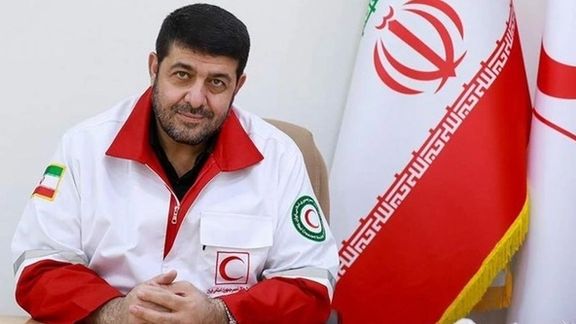
In a brazen move, Iran’s Red Crescent Society has offered to help Ukrainians who are hit by floods after Russia blew up Kakhovka dam in southern Ukraine.

In a brazen move, Iran’s Red Crescent Society has offered to help Ukrainians who are hit by floods after Russia blew up Kakhovka dam in southern Ukraine.
The head of Iran’s Red Crescent, Pir-Hossein Kolivand, sent a letter to the president of the Ukrainian Red Cross Society, Mykola Polishchuk, expressing readiness to send relief teams and humanitarian aid to the flood-hit regions in what could be perceived as a move to save face in the wake of revelations that Iranian drones and weaponry has been sent to Russia for its invasion of Ukraine.
The destruction of the facility by Russian forces on Tuesday unleashed mass flooding, forcing thousands of residents to flee and wreaking environmental havoc.
Audaciously, Kolivand even described the destruction of the dam as a “tragic incident” as he downplayed the devastation Russia continues to deal to Ukraine's civilians. The latest attack on the dam affected the lives of a large number of innocent people, forcing the evacuations of residents of surrounding villages.
Kolivand claimed that the Islamic Republic's principled policy is to help other countries based on humanitarian grounds to protect the lives of innocent people and reduce their suffering, the gesture unlikely to be taken seriously amidst months of uprising which has seen hundreds of civilians killed by the regime's security forces and tens of thousands more arrested.
It is likely to anger Ukraine’s President Volodymyr Zelensky who said last month that “thanks to the sanctions, the number of missiles they [the Russians] produce has decreased several times. However, there are such challenges as Iran which has sold them [Russia] more than 1,000 Iranian-made drones and other weapons.”
Iran first denied it had supplied drones to Russia but in early November foreign minister Hossein Amir-Abdollahian admitted the deliveries, while claiming they were sent before the Russian invasion. Recent intelligence reports suggest that Tehran may also be planning to supply long-range missiles to Russia.

The Commander of Iran’s Revolutionary Guards’ Navy says the Persian Gulf belongs to regional countries and the presence of other countries' militaries there is illegitimate.
During his visit to Iranian islands in the southern waters of the country on Friday, Commodore Alireza Tangsiri said: “Establishing security in the Persian Gulf and the Strait of Hormuz is done with the synergy and convergence of the countries of this region, and there is no need for the illegitimate presence of extra-regional countries."
He did not explicitly mention any country, but the presence of US and Israeli forces has been a thorn in the eye of the Islamic Republic.
His remarks came a few days after US and UK navies acted when a merchant ship was being harassed by IRGC’s fast-attack boats in the Strait of Hormuz. Over the past two years, Iran has now harassed, attacked or interfered with the navigational rights of 16 internationally flagged merchant vessels in regional waters.
The recent incident in the Strait of Hormuz took place against the backdrop of reports about the formation of a new naval alliance in the region with Iran being a main force. The US says it “defies reason” for Iran to be part of a regional naval alliance while the Islamic Republic is the main reason for maritime insecurity in the Persian Gulf region.
Iranian media claimed in recent days that a regional naval coalition is in the offing though this was not confirmed by any mentioned parties. Iran's navy commander officially announced that his country and Saudi Arabia, as well as the United Arab Emirates, Qatar and Bahrain, plan to form a naval alliance, that would include Iraq, India and Pakistan.
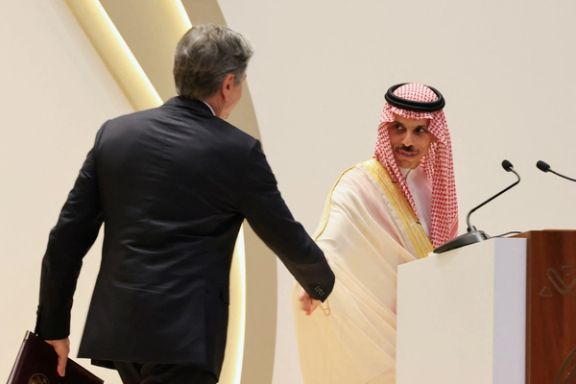
US Secretary of State Antony Blinken highlighted the threats posed by Iran for the security of the region during his trip to Saudi Arabia.
During a joint presser with Saudi Foreign Minister Prince Faisal bin Farhan Al Saud on his last day his visit on Thursday, Blinken said Washington and Riyadh, together with the GCC, are “focused on Iran’s destabilizing influence in the region, including its support for terrorism and violent militia groups, the seizure of tankers transiting international waters, and nuclear escalation.”
While the United States and Iran both denied reports that they were nearing an interim deal Thursday, Blinken added that “the United States continues to believe that diplomacy, backed by economic pressure, by deterrence, and by strong defense cooperation, is the best way to avoid and counter these dangerous actions.”
He noted that the US supports efforts by Saudi Arabia to de-escalate tension and stabilize relations, without elaborating on details.
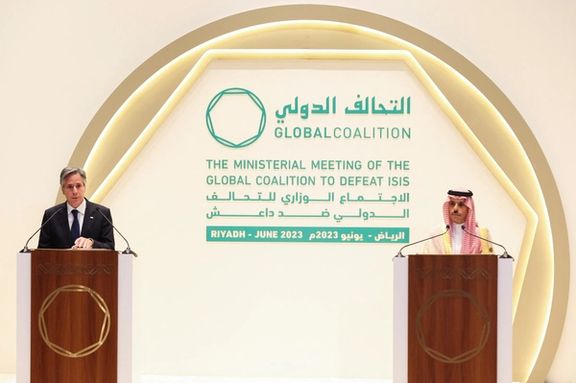
Among the main points on agenda in Blinken’s trip was pushing Riyadh for normalize ties with Israel, about which his Saudi counterpart said that “it’s quite clear that we believe that normalization is in the interest of the region, that it would bring significant benefits to all.”
However, he added “without finding a pathway to peace for the Palestinian people, without addressing that challenge, any normalization will have limited benefits.”

The United States and Iran Thursday both denied a report that they were nearing an interim deal, despite signs that the two sides have been in direct contact.
"This report is false and misleading," Reuters quoted a spokesperson for the White House National Security Council as saying, referring to an article on the London-based Middle East Eye website. "Any reports of an interim deal are false."
But there have been many similar Western media reports in recent weeks, including the Financial Times.
Iran International reported in May that based on information from a source with direct knowledge, talks between Tehran and Washington for release of Iran’s frozen funds in South Korea in exchange for US citizens held hostage by the Islamic Republic could result in an agreement soon.
Reuters reported that Iran's mission to the United Nations also cast doubt on the report, saying: "Our comment is the same as the White House comment." This was a rare instance of Iran agreeing with the United States on at least one issue.
US and European officials have been searching for ways to curb Tehran's nuclear program since negotiations lasting 18 months broke down last September on reviving the 2015 JCPOA nuclear deal. The talks involving the participants of the accord, France, the United Kingdom, Germany, Russia and China in fact had reached a deadlock in March 2022, immediately after the Russian invasion of Ukraine, but attempts to find a compromise continued until August.
Following the impasse, the United States has repeatedly said it is no longer focused on reviving the JCPOA that was abandoned by former President Donald Trump in 2018. Iran’s military support for Russia and its expanding uranium enrichment have not helped matters.
One possible solution has been an interim deal under which Iran would accept fewer limits on its nuclear program in return for more modest sanctions relief than under the 2015 pact, which removed all nuclear-related economic sanctions.
Middle East Eye cited two unnamed sources as saying Iran and the United States had "reached an agreement on a temporary deal" to take to their superiors.
It said Iran would cease enriching uranium to purity of 60% or above and continue cooperation with the UN nuclear watchdog in return for exporting up to 1 million barrels of oil per day and access to "income and other frozen funds abroad." This report was similar to earlier media scoops about a limited deal.
Oil prices fell by more than $3 a barrel on the Middle East Eye report before paring their losses after the White House denied it.
The website said the talks were led by US special envoy for Iran Rob Malley and Iran's ambassador to the U.N. Amir Saeed Iravani in an apparent reversal of Iran's refusal to deal directly with US officials.
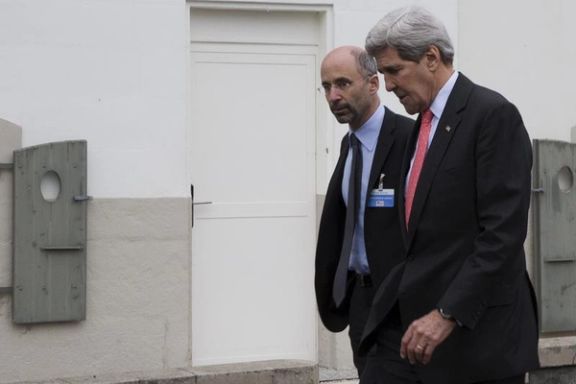
But reports about meetings between the two are also not new. Iran International reported in January that Malley and Iravani had met at least three times in New York in the closing weeks of 2022.
The US State Department has repeatedly declined to comment on any such meetings, saying only that it had ways to pass messages to Iran but would not detail their content or how they were delivered.
Two Iranian officials told Reuters there had been progress, but no agreement was imminent. A third said Malley and Iravani met at least three times in the past weeks but gave no details.
"There (has) been some progress and we have exchanged proposals and messages with Americans," said a senior Iranian official. "Still, there are lots of details that we need to discuss."
Iran has since amassed a stockpile of uranium enriched to 60% and the UN nuclear watchdog has found traces enriched to 83.7%, nearing the 90%
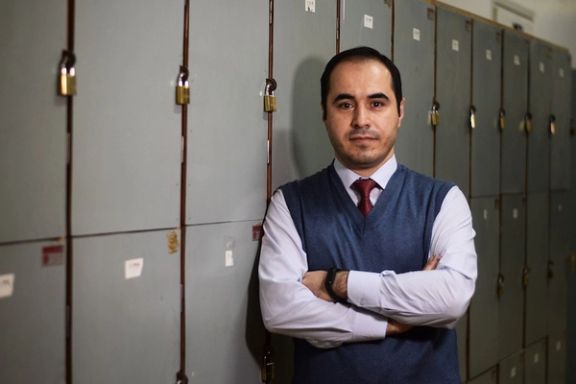
Former political prisoner Hossein Ronaghi says the intelligence ministry has requested the Prosecutor's Office to issue an order to send him into exile.
He further noted in a tweet that he has found out that based on the order his bank accounts will be blocked and he will be deprived of his citizenship rights.
Ronaghi is an Iranian blogger, human rights activist and political dissident who was arrested on September 24. 2022, along with his lawyers in front of the Evin Prison prosecutor's office and transferred to jail where he was tortured.
In protest, Ronaghi went on a hunger strike after his arrest amid antigovernment protests and refused liquid nourishment and water.
Tehran residents rushed to the hospital in November after his brother wrote in a tweet that security agents had moved Ronaghi from prison to a hospital. He said his brother “got on an ambulance fully awake after talking to his mother,” adding “whatever happens to Hossein is nothing more than a pre-planned scenario because they intend to kill him.”
Ronaghi, 37, a contributor to The Wall Street Journal, has for years been one of the most fearless critics of the Islamic Republic who has stayed in the country.
Iranian authorities on November 26 released Ronaghi on bail.
In previous rounds of torture, the dissident has lost one kidney and his second kidney is functioning at 60 percent, according to human rights sources.
Hossein Ronaghi has been arrested and jailed several times in the past 13 years. He was detained in 2009 for his role in the post-election protests. Ronaghi was arrested again in February 2022 after criticizing a bill that would limit internet access in Iran.
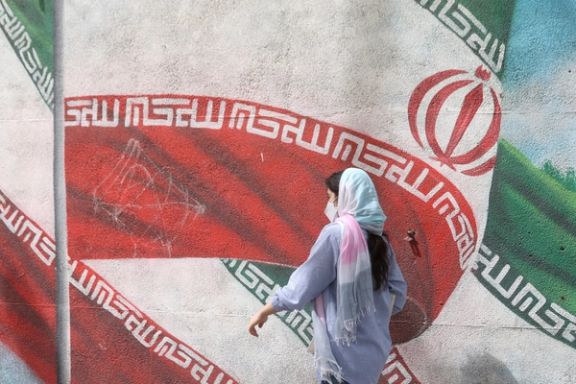
Commentators on both sides of Iran's factional divide continue to criticize the government and offer advice on what is needed to get out of the political impasse.
Referring to Supreme Leader Ali Khamenei's recent speech in which he said, "The enemy has started to prepare its artillery against the upcoming elections in Iran," conservative commentator Mohammad Mohajeri quipped in a column in the reformist Etemad newspaper: "What can the enemy do to harm the elections?" and explained that "downplaying the importance of voter turnout, manipulating the election process, rigging the elections, and helping unqualified people to win the elections are among the things the enemy can do to that end."
The commentator was referring to the interference of the Guardian Council, an undemocratic body inserted into the constitution, that rejected hundreds of candidates in the parliamentary election in 2020, and again rejected qualified contenders in the 2021 presidential vote.
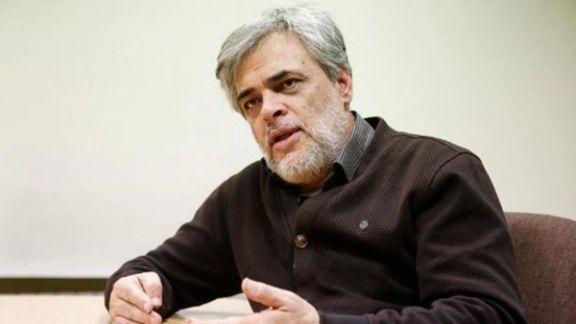
Mohajeri pointed out that the enemy cannot interfere with the process of elections. Those who interfere are Islamic Republic officials. executives, supervisory bodies, and security organizations. The enemies will begin their attacks and propaganda only after state officials and institutions make big mistakes by intervening in the election process with the aim of changing the results, he said.
Mohajeri added: "The Guardian Council is where most of such mistakes are made. It is involved from the beginning to the end of the elections and its behavior has always been controversial. The council vets the candidates and appoints the inspectors and supervisors."
He further pointed out that many of those who have been disqualified by the Guardian Council in previous years are well-known political figures who would have been more useful than the current members of the parliament.
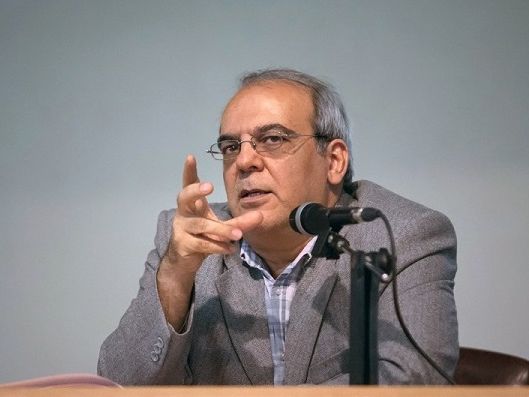
Meanwhile, reformist commentator Abbas Abdi accused current officials of making the government useless by bringing it into constant confrontation with the people and their demands. This approach, he said, “will tire everyone including yourselves and I can see the signs of this fatigue in your behavior.”
"The government's interventionist approach and its insistence on excessive and often unnecessary control and punishment, as well as its confrontational approach and its refusal to hold any dialogue have a destructive impact on many economic, political, social and cultural processes including the country's foreign policy," Abdi said.
"When we follow the news, we see many examples of that confrontational behavior for instance in trying to control prices through issuing orders. Everyone, except the government, knows that this does not work. Not only it does not work, it also leads to corruption. The government uses the same wrong methods to fix interest rates, foreign exchange rates and the price of eggs, utilities, fuel, rent and so on.
The government intervenes in everything, including dress code and childbirth, which are issues that cannot be regulated through confrontation, penalties and imprisonment," Abdi added.
The prominent commentator stressed that such methods can only widen the gap between the people and the government.
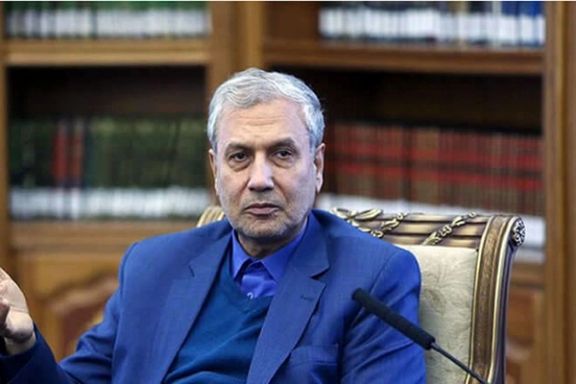
Meanwhile, shedding light on the bigger picture, former government spokesman and moderate politician Ali Rabiei wrote in article in Etemad that "All revolutions in the Middle East have given governments in the region a license to violate citizenship and human rights as well as democratic rules."
He suggested that governments that rule in the name of revolutions need to find a way to reconcile revolutionary values and citizens' rights by giving the people the right to complain to the judiciary system if government officials undermine their essential rights.